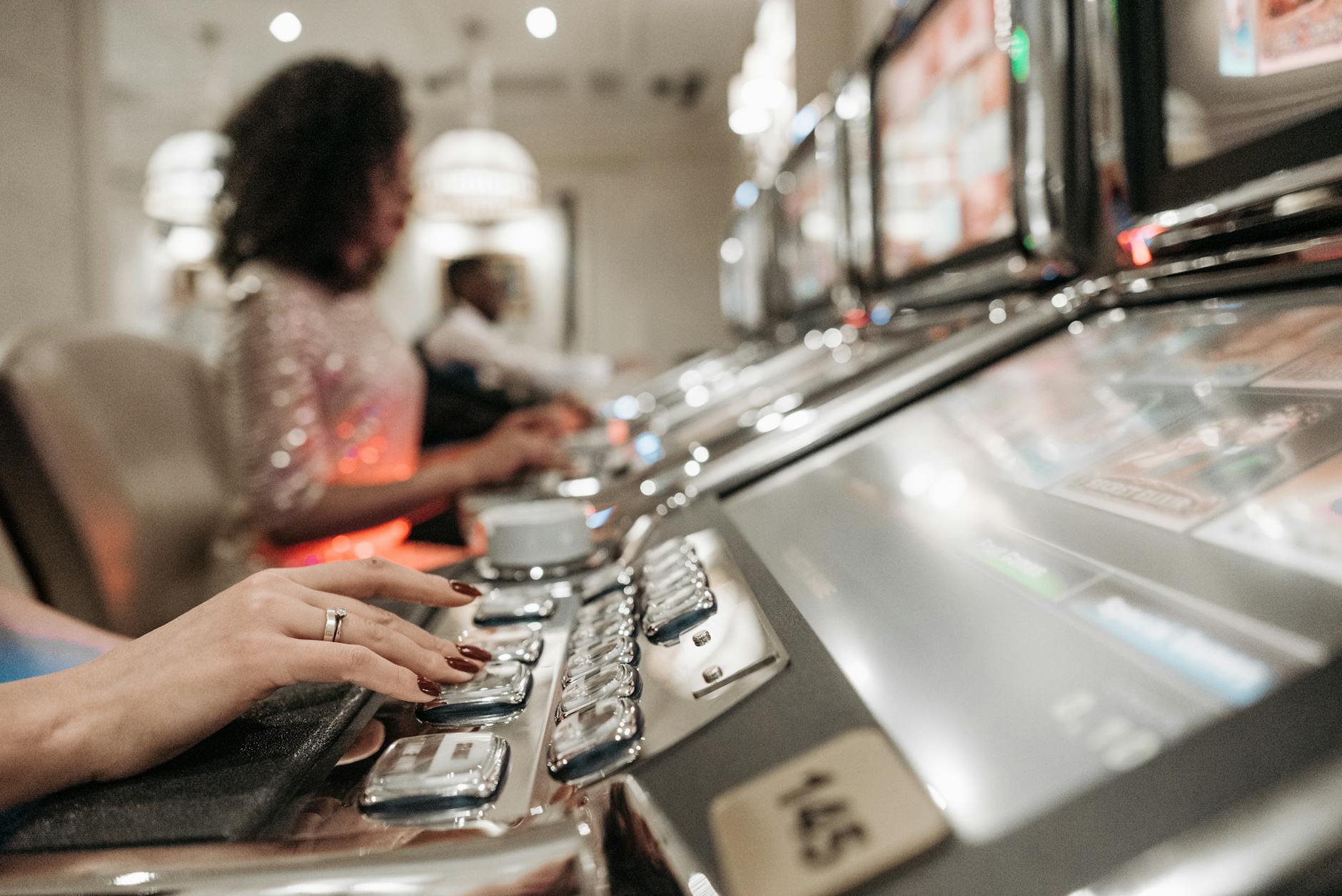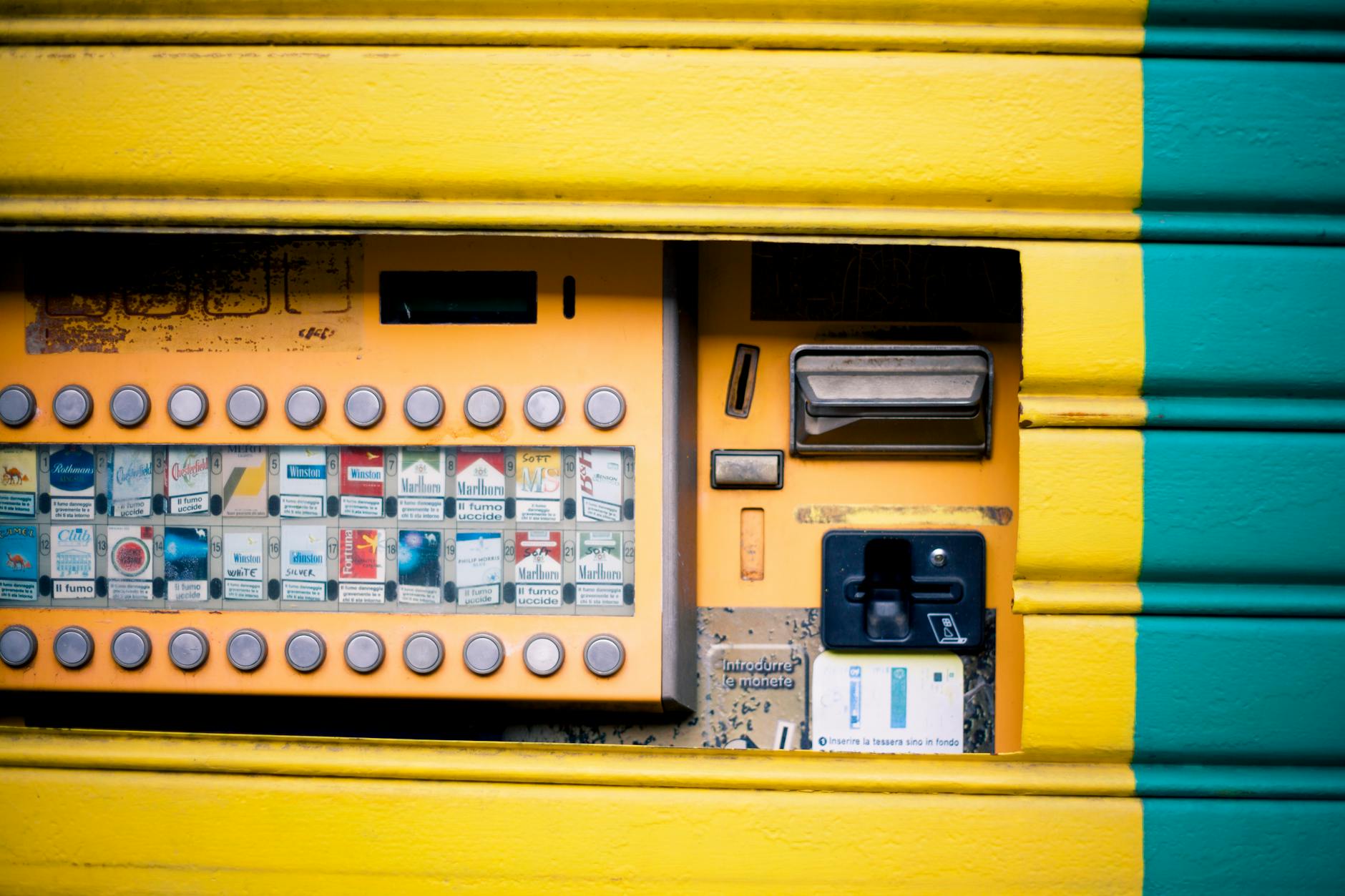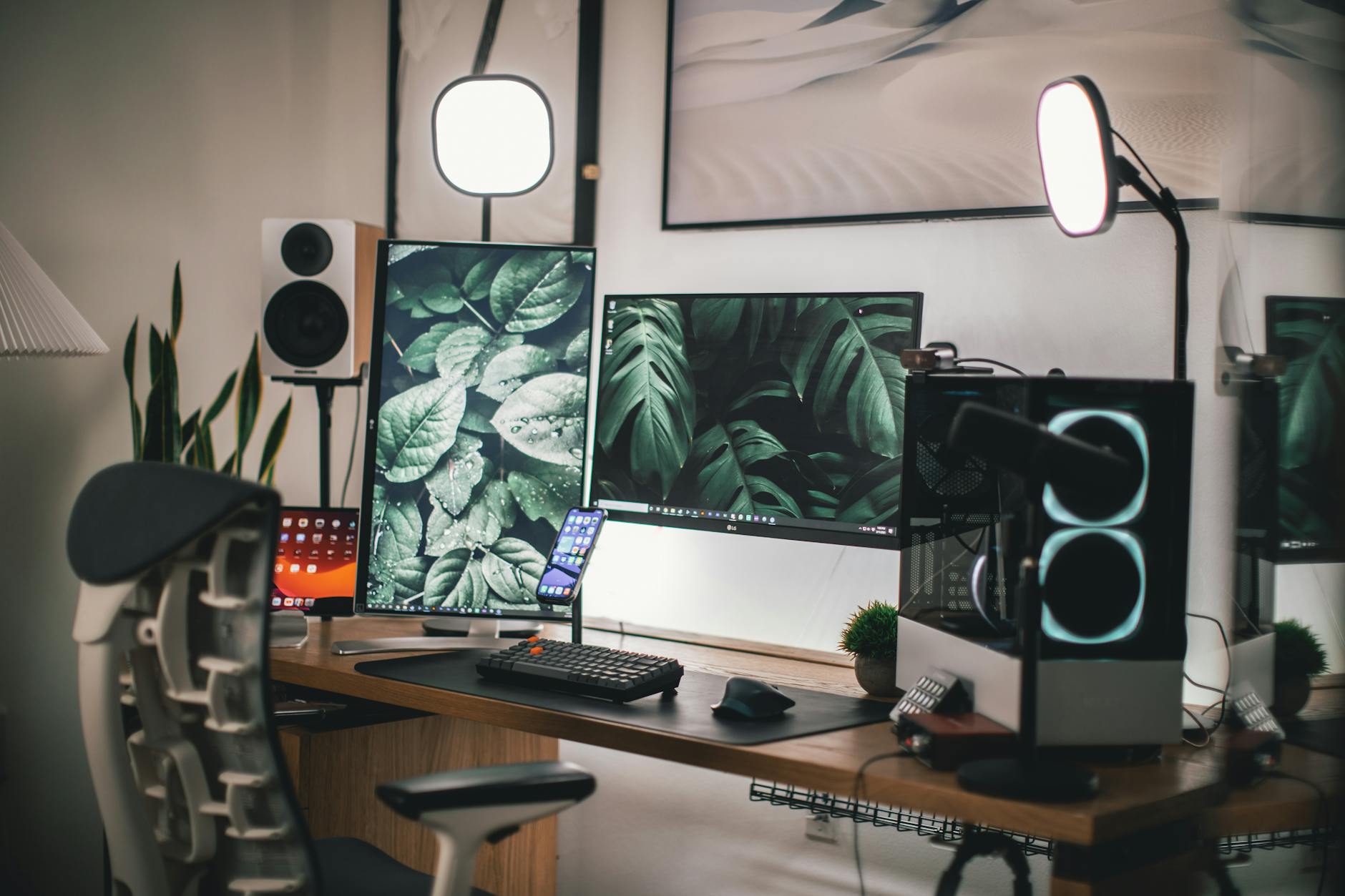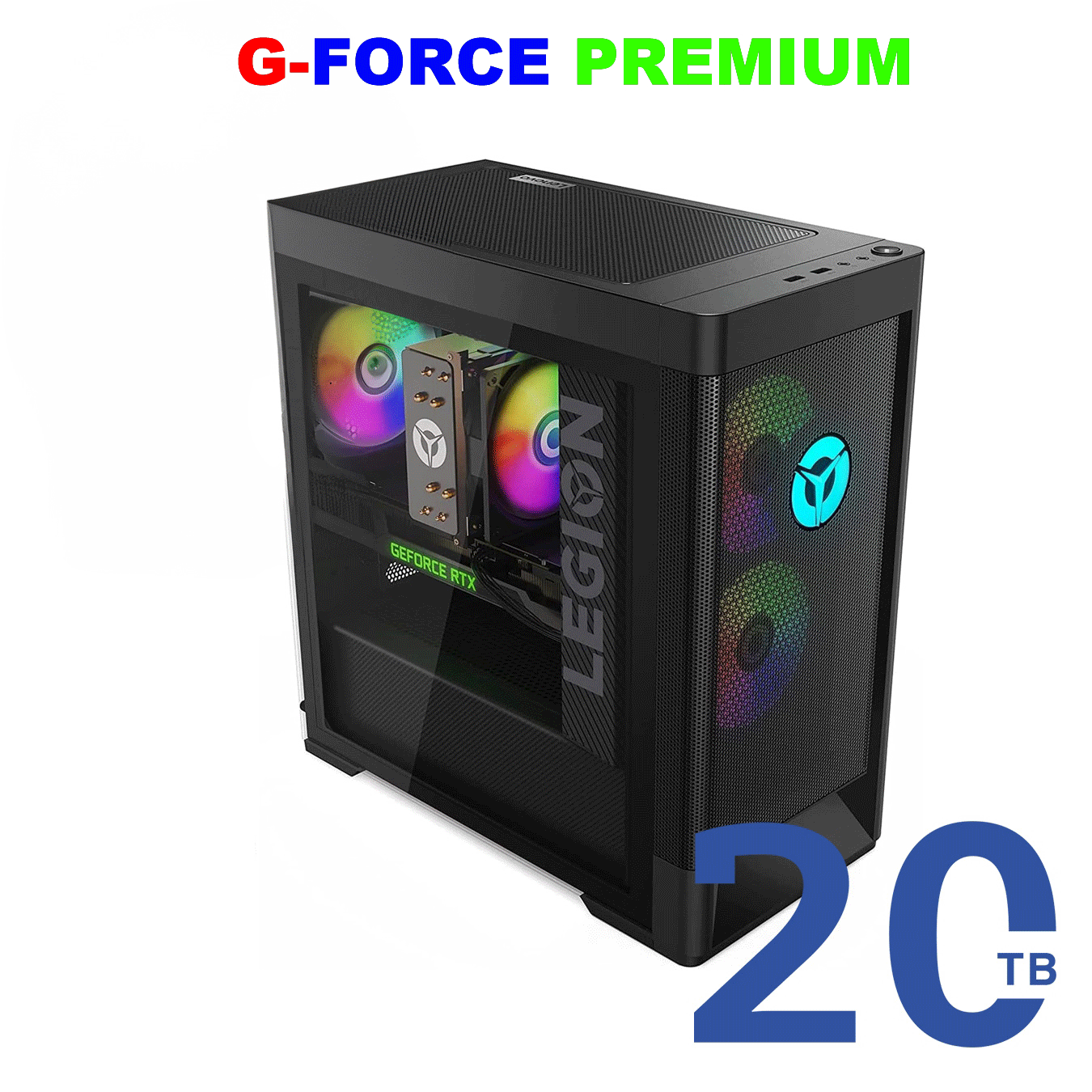What to Know Before Buying a Slot Machine [2025 Guide] Bringing a slot machine into your home can be a real conversation starter, whether you’re looking for a nostalgic addition to your game room or building a unique collection. Buying one isn’t as simple as grabbing the first flashy cabinet that catches your eye. Knowing what to look for before you spend your hard-earned money means you’ll avoid common headaches and find a machine you’re truly happy with.
From legal rules to hidden repair costs, a bit of planning goes a long way. In this guide, you’ll learn exactly what to check before making a purchase, so you can buy with confidence and enjoy your machine for years to come.
Understanding Slot Machine Types
Choosing the right type of slot machine is the biggest step before you buy. Each type offers a unique experience, maintenance needs, and price point. Your decision can shape how much enjoyment, upkeep, and value your machine brings to your home or collection. From classic mechanical reels to video cabinets and rare antiques, a little background goes a long way toward a smart purchase.

Mechanical vs. Video Slot Machines: Compare advantages, features, and collectibility of mechanical and video slot machines.
 Photo by Pavel Danilyuk
Photo by Pavel Danilyuk
Mechanical Slot Machines:
- What They Are: These are the classic, heavy cabinets with spinning reels you’ve seen in old movies. Pulled levers, clinking coins, and old-school sounds make them a hit with nostalgia lovers.
- Key Features: Real metal reels, simple lights, and satisfying tactile feedback. Often coin-driven and powered by springs and gears.
- Advantages:
- Last for decades with basic care.
- Iconic “one-armed bandit” style.
- Satisfying physical movement and sound.
- Disadvantages:
- Tend to be heavier and bulkier.
- May need more mechanical maintenance.
- Fewer bonus features or digital sound effects.
- Collectibility: Genuine mechanical slots (especially from Bally, Mills, or Jennings) are popular with collectors. Their value can climb if the machine is rare, unrestored, or in working condition.
Video Slot Machines:
- What They Are: Modern cabinets with digital screens that simulate reels. These bring a bit of the casino floor into your living room.
- Key Features: High-resolution graphics, multiple paylines, bonus rounds, and touch screens on some models.
- Advantages:
- Lighter and more compact than mechanical types.
- Flashy features: video clips, music, and interactive games.
- Easier operation, often allowing for tickets or paper money instead of coins.
- Disadvantages:
- Electronics can fail over time and may be expensive to fix.
- Not as tactile or nostalgic for some buyers.
- Depreciate more quickly than classic mechanical models.
- Collectibility: Less collectible but sometimes still valuable, especially with popular brands or themed cabinets. Perfect if you want gameplay variety and entertainment value.
Choosing between mechanical and video: If you love history and don’t mind a little hands-on upkeep, mechanical slots hold their value and spark nostalgia. Video slots are better if you want high-tech games with multi-line action and easy play.
Vintage and Antique Slot Machines: Discuss unique considerations for buying older or rare machines, including restoration needs and authenticity.
Vintage and antique slot machines are like finding treasure for home gaming or as a showpiece. If you’re eyeing a piece from the 1930s through the 1960s, or even older, there are key things to consider:
- Authenticity:
- Look for original manufacturer’s marks, serial numbers, and hardware.
- Ask for service records or provenance when possible.
- Beware of “frankenstein” machines pieced together from different parts. These might look vintage but won’t have the same collector appeal.
- Restoration Needs:
- Many older slots come unrestored and can need new parts, cleaning, or even woodworking.
- Repairs for mechanical models require specialized tools and know-how; replacement parts might only be found from dedicated hobbyists or specialty shops.
- Restored machines often cost more but could save money and effort if you’re not handy.
- Price Impact:
- Antique slots in original, unrestored condition usually fetch a premium.
- Restorations and high-quality reproductions are less expensive but might never climb in value like original pieces.
What’s the bottom line?
Buying vintage or antique slots takes a mix of passion and patience. Take your time to check details and research value before you spend. That way, your new addition will be both a talking point and an investment you feel good about—whether it lights up the room or quietly hums in your personal game space.
Legal Considerations and Local Regulations
 Photo by Markus Winkler
Photo by Markus Winkler
Buying a slot machine isn’t just about finding a model you like—it’s about following rules that can change from one city or state to another. Before you hunt for your favorite machine, start by checking the legal side. State laws and local rules may affect if, where, and how you can enjoy your slot machine at home. Overlooking these can mean trouble later, ranging from a simple fine to having your new prize seized by authorities. Here’s what you need to know before bringing a slot machine home.
Age and Import Restrictions
Strict age and import laws protect against illegal gambling and keep these machines out of the wrong hands. In most places, you can’t legally own a slot machine unless you’re 18 or 21, depending on your state. Some states even say the machine itself must be a certain age—usually 25 years or older—to be owned privately. That means newer casino models might be a no-go for the living room.
Here’s what typically matters:
- Minimum Owner Age:
- Some states require owners to be at least 21. Others say 18, but always check before you buy.
- Machine Age Requirement:
- Many states only allow machines classified as “antiques.” Usually, a machine qualifies if it’s at least 25 years old.
- Out-of-State or International Imports:
- Bringing a slot machine in from out-of-state or overseas? There might be extra hoops:
- Customs paperwork for international imports.
- State-specific licenses or registrations.
- Proof that your machine meets the “antique” standard.
- Bringing a slot machine in from out-of-state or overseas? There might be extra hoops:
These requirements can vary even from city to city. A quick internet search or phone call to your state attorney general’s office can save you future headaches.
Zoning and Home Use Regulations
You might picture your slot machine glowing in the den, but some towns and neighborhoods have a different view. Zoning laws and local rules could limit where you can keep a slot machine—even inside a private home. Local governments often want to prevent gambling operations from popping up where they shouldn’t be.
Here’s how zoning and usage rules might affect you:
- Private Residences:
- Many areas let you own and display a slot machine at home as long as you don’t use it for gambling or profit.
- Neighborhood or HOA rules may also play a role. Some may consider slot machines “commercial appliances” and restrict them.
- Commercial Use:
- Planning to install a slot machine in a business for show? Local business licenses, city permits, or state gaming approvals may apply, even if you never take a bet.
- Neighborhood Concerns:
- Noise and visual impacts can sometimes attract the wrong kind of attention. Check with your HOA or local code office if you’re unsure.
What should you do?
Before you even click “buy,” call your town’s code enforcement or city hall. Be clear you’re only looking to use the slot machine for personal or display purposes, not running a casino from your living room. Getting this right keeps your new hobby fun—and above board.
Where to Buy Slot Machines Safely
Buying a slot machine is exciting, but finding a trustworthy seller is key if you want to skip costly surprises. With shady deals and fake machines floating around online, knowing where to shop — and how to protect yourself — makes the whole process a lot smoother. Let’s look at the safest places to buy, how to spot a reliable seller, and the warning signs of a scam.
Verifying Seller Credibility: Tips for researching sellers, reading reviews, and ensuring secure transactions
 Photo by Mikhail Nilov
Photo by Mikhail Nilov
It pays to check every detail when you’re dealing with sellers you don’t know. Here’s how to tell a genuine seller from a risky one — whether you’re shopping in person, at an auction, or online:
- Buy from established dealers.
- Stick to companies that specialize in slot machines.
- Look for brick-and-mortar stores or web shops with a long history and named staff. Old-time shops often have warranties or return policies.
- Common reputable sources include dedicated gaming equipment dealers, estate sales with documentation, and vetted collectors.
- Use trusted online marketplaces.
- Sites like eBay, Craigslist, and specialty auction sites can be safe if you check seller ratings and track records.
- Look for “Top Rated Seller” badges and consistent 5-star feedback on past electric/mechanical items.
- Avoid any listing with blurry or stock-only images.
- Read third-party reviews.
- Search the business name on forums, Reddit threads, and independent review platforms.
- Look for patterns — lots of recent complaints or unresolved issues are a big warning.
- Ask for clear photos and details.
- Request close-ups of serial numbers, the inside of the machine, and all cosmetic flaws.
- Sellers should answer questions fast and without excuses.
- Choose safe payment methods.
- Use PayPal, credit cards, or in-person payment for local sales when possible.
- Avoid wire transfers, cash apps, or anything that leaves you exposed if the deal goes wrong.
- Check for return or service policies.
- Reputable sellers offer clear terms for returns and repairs.
- If there’s no published policy, be extra careful.
Taking these steps will keep your money and your new vintage treasure safe.
Red Flags and Common Scams: List warning signs to look out for and steps to avoid fraudulent deals
Scammers know slot machines are in demand and hope you’re not paying close attention. Don’t make it easy for them. Here are the most common warning signs and how you can steer clear:
Big Red Flags:
- Absurdly low prices.
A slot machine that’s way cheaper than the going rate is usually trouble. If a deal feels “too good to be true,” trust your gut. - Sketchy photos or missing info.
Listings that reuse the same photos you see elsewhere, have missing serial numbers, or refuse to show the internals suggest the machine may not even exist. - Rushed sales tactics.
“You need to wire the money fast or lose the deal” is a sign the seller isn’t legitimate. - Only untraceable payments.
Anyone demanding payment by gift cards, wire transfer, or cryptocurrency is likely aiming to disappear with your cash. - Zero verifiable background.
No company address, no contact info, or the seller dodges questions about their history.
Simple Steps to Stay Safe:
- Google the seller’s name and website. See if any scam warnings come up.
- Check for serial number confirmation and original documentation. If they dodge this, walk away.
- Never pay upfront without seeing the machine in person (if possible) or at least getting a live video call walk-through.
- Don’t click suspicious links sent through email or chats about “special deals.”
- Trust your instincts. If the seller seems evasive, pushy, or inconsistent, keep looking elsewhere.
A little homework can make all the difference between finding a prize and falling for a costly trick. Stick to these steps, and you’re far more likely to end up with a machine you love—without the headaches.
Budgeting and Maintenance Costs
Bringing a slot machine home promises hours of fun, but it comes with real expenses you need to plan for. The cost goes beyond the sticker price—there’s shipping, restoration, and regular tune-ups to keep things spinning smoothly. Taking time to crunch the numbers now means fewer surprises later. Here’s how to break down the cost and keep your machine running well for years.
Estimating Upfront and Long-Term Costs: Advice on realistic budgeting for purchase, restoration, and regular upkeep
The price tag is just the beginning. Slot machines have a few extra costs that can catch new owners off guard. If you budget for each area, you’ll avoid common pitfalls.
Upfront Costs:
- Purchase Price:
- Mechanical and vintage models often run between $500 and $3,000. Rare or pristine antiques fetch much more.
- Modern video slots range from $1,000 to $5,000, especially for popular brands or themed cabinets.
- Shipping and Delivery:
- Machines are bulky and heavy. Expect freight shipping costs of $200–$500, sometimes even more for cross-country delivery or international orders.
- Local pickups can save money, but you may still need a van or movers.
- Restoration:
- Unrestored or antique machines often need new parts, deep cleaning, and sometimes woodwork.
- Parts for vintage models can be expensive or hard to find—budget $150–$800 for basic restoration, more for rare repairs.
Long-Term and Maintenance Costs:
- Routine Upkeep:
- Cleaning, lubrication, and checking wiring or parts every few months helps prevent major issues.
- Annual “tune-ups” by a tech can cost $100–$300, including small part replacements.
- Repairs:
- Worn-out reels, burnt bulbs, broken buttons, and stuck coin mechanisms happen. Each fix may run $50–$200, more if you need a pro.
- Replacement Parts:
- Common parts like bulbs and fuses are cheap, but special mechanical or circuit components add up.
- If you collect:
- Owning more machines means higher annual costs for storage, insurance, and care.
Smart budgeting tips:
- Set aside an emergency repair fund.
- Join online forums or local hobby groups for advice and possible discounts on parts.
- Compare prices from multiple sellers before you buy.
Common Maintenance Issues and Solutions: Guide to troubleshooting and maintaining both modern and vintage machines
 Photo by Artem Podrez
Photo by Artem Podrez
Every slot machine needs a little TLC to keep those reels spinning and electronics humming. While modern and vintage machines have different quirks, most issues boil down to a few repeat offenders.
For Mechanical Slot Machines:
- Sticky Reels or Levers:
Dirt and old grease will slow things down. Use a soft brush and non-abrasive cleaners to clear out dust. Re-lubricate moving parts lightly with machine oil. - Coin Mechanism Jams:
Misaligned levers or coins can cause jams. Open the coin door, remove obvious blockages, and check for bent metal pieces. - Electrical Issues:
Flickering lights or dead bulbs are simple to fix—just swap in new bulbs or check connections. If the whole panel is dead, inspect fuses and replace as needed. - Wear and Tear:
Springs, handles, and gears get tired with age. Replacement parts may be available from specialty suppliers or other hobbyists.
For Video/Electronic Slot Machines:
- Screen or Display Problems:
Loose cables, dust buildup, or failing screens are common issues. Power-cycle the machine first, then reseat cable connectors. If the display fails, you may need to source a replacement component. - Bill or Ticket Acceptors Not Working:
Clean the acceptor sensors and rollers with alcohol wipes. If errors continue, resetting or recalibrating through the service menu often helps. - Software Freezes or Errors:
Many problems clear up after a restart. For persistent issues, accessing the software’s diagnostic menu can pinpoint trouble spots—consult your manual for codes. - Fan or Power Supply Issues:
Machines that shut down at random may need a new fan or power supply. Listen for unusual noises and check airflow.
Quick maintenance checklist for any slot machine:
- Dust exterior and vents once a month.
- Test all buttons, lights, and the payout mechanism.
- Keep detailed notes on issues or part replacements.
- Store in a cool, dry area. Humidity and extreme temps can be fatal to both wood and circuits.
Small fixes can often be done at home with patience and basic tools. For bigger repairs, connect with local repair experts or slot machine forums. Regular attention pays off—you’ll get smoother play, fewer breakdowns, and a machine that holds its value.
Assessing Slot Machine Features and Authenticity
Taking a closer look at the features and authenticity of a slot machine makes the difference between a lasting purchase and an ongoing headache. Sellers might claim everything is in working order, but don’t take their word alone. Doing your own checks for playability, payouts, and real parts guarantees you know exactly what you’re buying. Here’s how to check the nuts and bolts of your potential slot machine.
Evaluating Game Play and Payout Functions: Steps for testing playability, payout accuracy, and functional features before buying
Getting hands-on with a slot machine before you buy isn’t just smart—it’s necessary. These machines can look flashy on the outside but hide plenty of problems within.
- Try Every Button and Lever:
Don’t just spin the reels once. Play several rounds, watching for sticky levers, buttons that don’t register, or screens with glitches. Listen for odd sounds—grinding, squeaking, or buzzing could point to worn-out parts. - Check the Coin Mechanism:
Insert coins (or tokens) to see if they move smoothly and consistently trigger spins. Jams or misfires suggest deeper mechanical issues. - Test Payout Accuracy:
Line up a simple win combination if you can. Make sure the machine dispenses coins, credits, or tickets as expected. If payouts seem off, the payout mechanism may need repair. - Watch the Lights and Sounds:
Flashing lights and sounds are part of the fun. If lights flicker or speakers sound muffled, there may be wiring or board issues. - Access Service Menus (for Video Slots):
If you’re looking at a newer video machine, access the service or diagnostic menus. Browse through error logs, test programs, and display self-checks. These menus often show if something is failing behind the scenes.
Take notes on anything not working as it should. Small fixes are normal, but too many problems add up fast.
Checking for Authentic Parts and Documentation: How to verify that machines and components are original, and the importance of documentation or provenance
 Photo by Francesco Paggiaro
Photo by Francesco Paggiaro
Making sure your machine is the real deal—inside and out—protects both your investment and your pride as a collector.
- Look for Serial Numbers and Manufacturer Badges:
Every factory-original slot machine should have a stamped serial number and a manufacturer’s plaque or decal. Check the sides, inside the door, and sometimes behind removable panels. - Inspect Internal Components:
Open the cabinet (with permission) to check for matching serial numbers on key parts like power supplies, coin mechs, and reels. Random or mismatched parts can lower the machine’s worth. - Watch for Repro Parts:
Many vintage parts now have reproductions. Compare with photos from trusted collector sites or manuals. Authentic parts usually have sharp logos, clean paint lines, and heavier metal. - Ask for Documentation or Provenance:
Paperwork helps prove a machine’s background and ownership chain. Ideal docs include:- Original manuals
- Service records
- Letters of provenance, like a bill of sale from a casino or collector
- Old photographs showing the machine in use
- Flag Frankenstein Machines:
Some sellers rebuild machines with parts from several models or brands. These “Frankenstein” slots may work well, but they don’t have the same collector value.
Take your time with this step. A little snooping and reading mean you get a machine with real history—and fewer headaches when it’s time for repairs down the road.
Conclusion
A slot machine can turn any room into an instant highlight, but picking the right one starts long before moving it into place. Know the types, research the legal details, and always check the machine’s features and paperwork before spending a penny. Trusted sellers, smart budgeting, and regular care are the best ways to avoid regrets down the line.
Taking your time pays off. A little homework now means smoother gameplay, lasting value, and fewer surprises. Every collector started with those first questions, so trust what you’ve learned and don’t rush the process.
Whether you’re chasing nostalgia or just want a unique showpiece, your best bet is careful research and honest sellers. If you have stories or tips of your own, share them below—your experience could help someone else find their perfect machine. Thanks for reading, and good luck hunting for your next conversation starter.
 Photo by
Photo by 